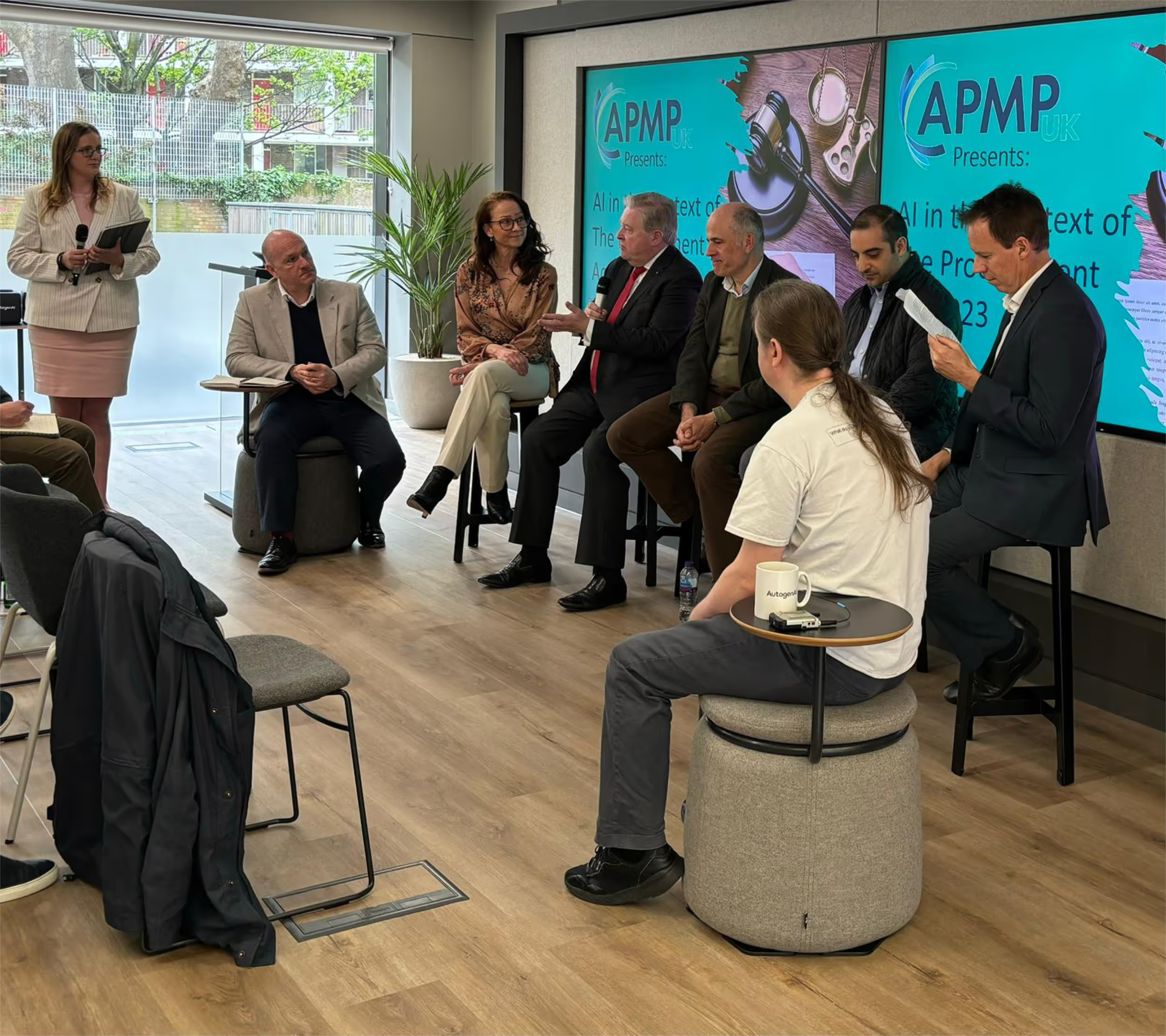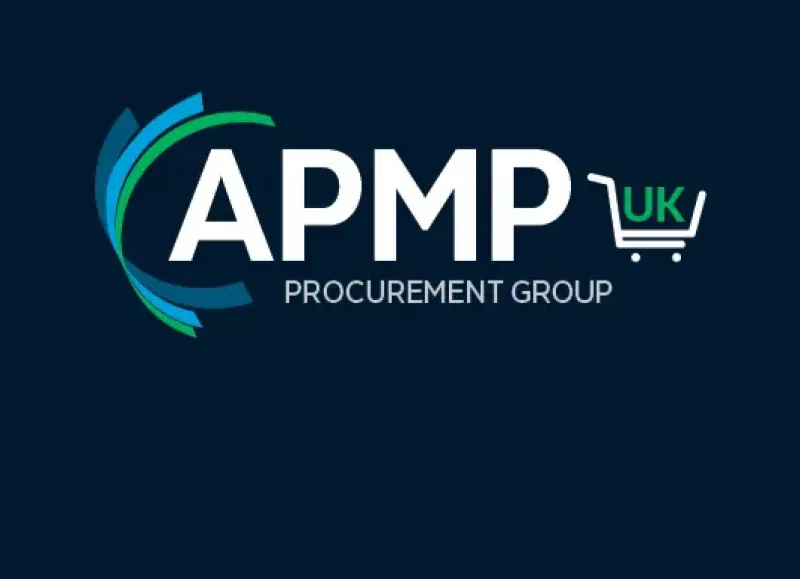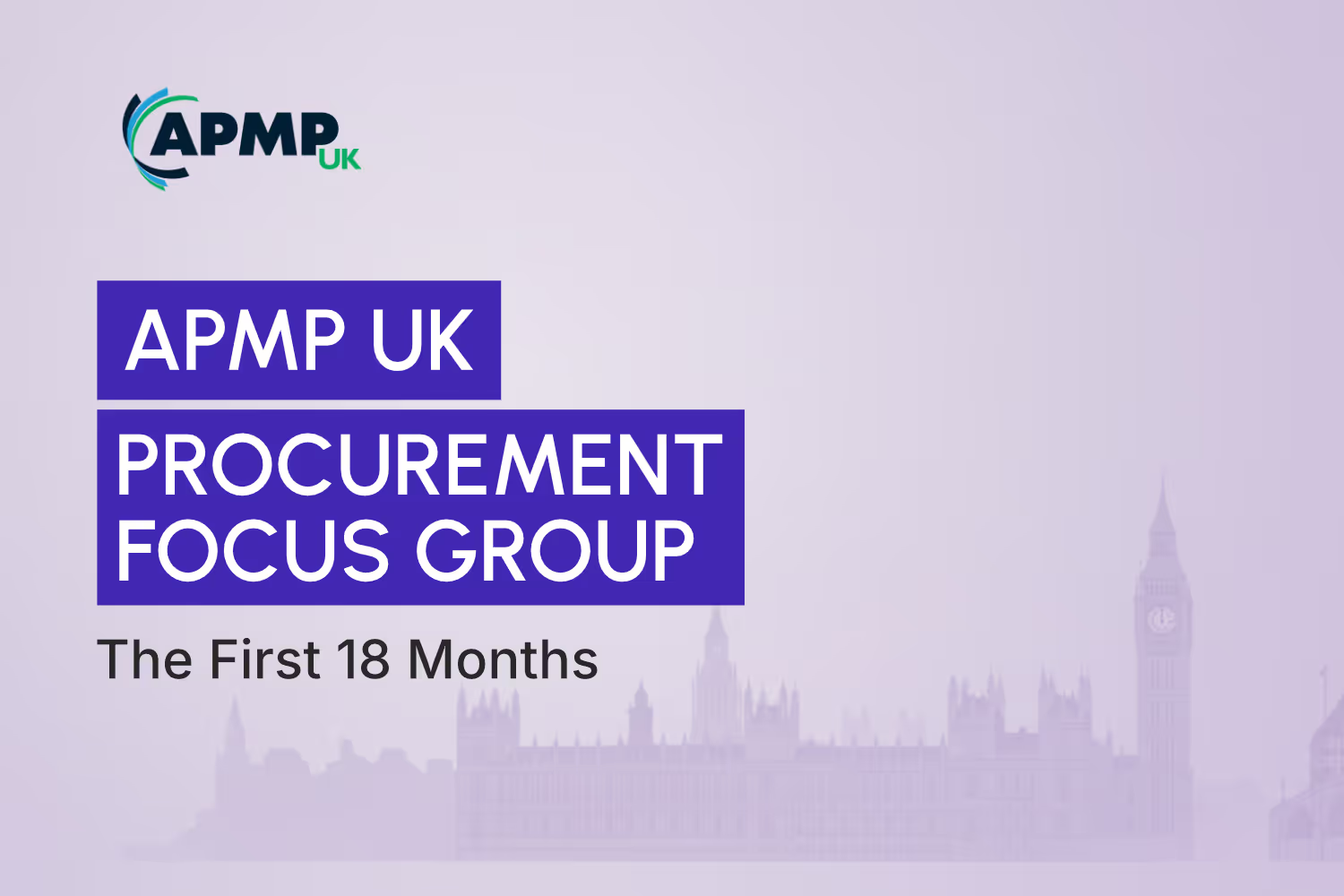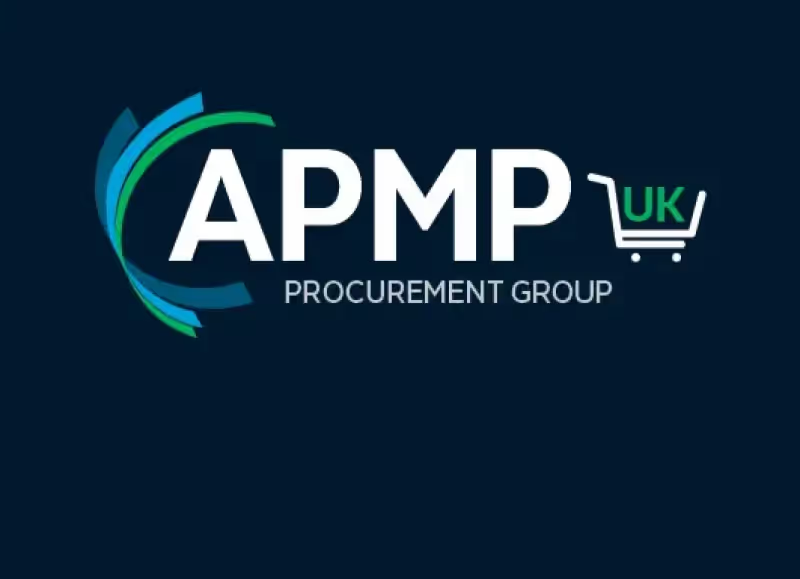Who are the APMP UK Procurement Focus Group?
The APMP UK Procurement Focus Group was established to better lobby, influence, and raise awareness of the viewpoints of proposal practitioners in all matters relating to procurement.

Who are the APMP UK Procurement Focus Group?
The APMP UK Procurement Focus Group was established to better lobby, influence, and raise awareness of the viewpoints of proposal practitioners in all matters relating to procurement. An early focus of its work was the UK’s new Procurement Act (PA23), which was mobilised in February 2025, and its specific implications for suppliers. We have developed resources, roadshow events, panels, and white papers all championing the cause of better procurement practice relating to proposals, and in strengthening the relationship between buyers and suppliers.
Objective
Our objective is to help make procurements simpler, fairer, proportionate, and more transparent. We will be steadily adding more resources to the APMP UK website to this end.
Connect
The APMP UK Procurement Focus Group also has its own LinkedIn group, which you can access and connect with here

Our team
Expertise from across the different sub-sectors of public sector procurement – meet the team.
Progressing Procurement Best Practice in the UK

What is the Procurement Act (PA23)?

Knowledge and Resources
We’ve also provided links to a other useful and reliable resources about PA23 here:
Introduction to the Procurement Act 2023
This short video introduces you to the new Procurement Act 2023 highlighting the reasons for the new Act and what it will do for public procurement bidding in the UK following Brexi
Part 1, Procurement Act 2023
This short video talks about how the Act will create flexibility for buyers and bidders, and will help SMEs.
We encourage you to stick to government issued sources of information to further your knowledge, including the links below:
This Knowledge Drop provides an overview of the Procurement Act 2023, targeted at suppliers into UK public, utilities and defence sectors. It highlights the changes that the Procurement Act 2023 brings to make it simpler and more flexible than the previous legislation which can cause organisations to need to change how they do business with UK government, utilities and defence. As a devolved issue, it is worth noting that the Scottish Government will continue to have its own legislation.This knowledge drop describes why there is a need for the Procurement Act 2023 and how it combines four sets of EU legislations:
Public Contracts Regulations 2015
Utilities Contracts Regulations 2016
Defence and Security Public Contracts Regulations 2011
Concessions Contracts Regulations 2016
It describes the benefits to suppliers as:
- Increased visibility of opportunities
- Greater scope for pre market engagement
- The ability to showcase innovation
- Strengthened prompt payment provisions
- More consistent feedback following procurements in the form of assessment summaries
- Simplified tendering process with a new central digital platform
Key changes in the Act from previous regulations:
- From initial market engagement all the way through to contract award, buyers will need to give appropriate consideration to the procurement objectives as defined in the Act:
- Delivering value for money – aiming to achieve the best mix of quality and price throughout the lifetime of the contract. Bidders will need to demonstrate their value that they bring to that organisation and the communities they serve
- Maximising public benefit – Bidders should demonstrate how their solutions provide economic, social and environmental benefit.
- Sharing information – driving greater transparency so that suppliers can gain a better understanding of policies and decision making.
- Acting and being seen to act with integrity – demonstrating good management and control of processes to give suppliers confidence that contracts are being properly procured.
- Treat suppliers the same – ensures suppliers are competing for a contract under equal terms, unless there is a difference between suppliers which justifies different treatment.
- No unfair advantage or disadvantage – this includes the appropriate management of Conflicts of Interest.
- Duty to Small and Medium Enterprises (SMEs) – reduce the barriers SMEs may face, considering contracts from and SMEs’ perspective.
- Strengthened approach to Conflicts of Interest (COI)
- If a conflict of interest cannot be mitigated or avoided, then that supplier must be excluded from the procuremen
- Contracting Authorities will need to carry out a COI assessment
- Designed to demonstrate that the procurement process is being managed fairly.
- Easier for suppliers to participate
- New Central Digital Platform built on the existing Find a Tender system
- Single procurement system for suppliers to provide their business credentials in a ‘tell us once’ fashion and therefore reducing duplication of supplying that standard information in the early stages of a procurement.
- The platform will allow suppliers to set up custom searches and receive alerts to opportunities that match your business interests.
- The platform will be free to access. The expectation is that buyers will use their existing e-procurement systems to publish procurement notices and manage tender submissions.
- It will be the responsibility of the supplier to ensure their information on the Platform is kept up to date.
- Better value for money
- Introduction of Most Advantageous Tender – MAT thereby broadening the range of award criteria that may be used in a procurement
- Sets the standard that procurement teams are interested in more than just the lowest price and that wider value and impact are important
- Suppliers can show how they can deliver value to their local economies – such as social value
- Emphasis on early supplier engagement
- Through publishing pipeline notices for contracts over £2m by all contracting authorities that spend over £100m per annum at the start of each financial year
- New preliminary market engagement notice alerts suppliers to early market engagement activities. Designed to help buyers understand what the market can offer and the opportunities for innovation, suppliers can use these opportunities to shape and inform the procedure.
- Flexibility in procurement procedures
- Two types of competition – open and competitive flexible
- Contracting authorities can now design procurement processes to best suit the market
- Competitive flexible allows for additional stages to create a multi-stage tendering process, opening up opportunity for negotiation and dialogue with suppliers
- Product demonstrations and prototyping can be built into the tender assessment process
- Transparency requirements will ensure authorities clearly set our their procedures in advance and communicate information through tender notices and associated documents
- Pre-market engagement set out as best practice.
- Frameworks and dynamic markets
- Introduction of Open Frameworks providing flexibility to appoint new suppliers and suppliers can join at different stages. Frameworks will reopen within first 3 years and should not be closed for more than 5 consecutive years.
- Dynamic markets are a list of qualified suppliers eligible for future procurements. Suppliers can join at any time.
- All frameworks and dynamic markets will be listed on a register within the Digital Platform
- Direct Awards
- New provision for emergency procurement
- Contracting authorities must publish a transparency notice when intending to direct award
- Exclusions
- Mandatory and discretionary grounds that could exclude a supplier
- Contracting authorities can take into account a broader range of evidence to demonstrate action to resolve any grounds for exclusions – e.g. change of staff
- Suppliers cannot avoid potential exclusion by tendering through a subsidiary or by dissolving and reforming under a different name
- Contracting authorities must ask for information about subcontractors that you intend to use to deliver the contract
- Debarment
- The debarment list will set out which suppliers must and may be excluded from a procurement
- If there has been a material change in circumstance, the supplier can apply to have their name removed from the debarment list
- Change in award procedures
- Post tender feedback will be provided in the form of an assessment summary for your organisation, the winning supplier’s assessment summary and may be accompanied by additional feedback
- 8 working day standstill period
- Publication of contract awards for all over £5m and redacted copies of the contract.
- More effective contract management
- The transparency requirements set out in the Act provides an opportunity for contracting authorities to improve contract management practice – working alongside suppliers.
- Any contract over £5m in value must have three Key Performance Indicators and publish information on supplier performance
- Contract Change Notices must be published before a contract is amended
- Must publish details where a breach of contract or persistent poor performance
- Recording and publishing details of contract spend more than £30,000
- Publishing a Contract Termination Notice whenever a contract comes to an end
- Only information that would be required under Freedom of Information will be considered for publication – confidential and commercially sensitive information will remain secure. More guidance will be published on what is non publishable information – such as profit margins and elements of a tender that shows innovation or unique technical aspects.
- Wider Commitments on Prompt Payment
- 30 day payment terms automatically passed down to suppliers and their subcontractors regardless of whether they are written into a contract
- Greater accountability for public bodies on their payment practices through publishing payment performance data
- More Flexibility in Making Contract Amendments
- All of the amendment grounds from the previous regulations have been retained with the addition of new grounds to cover scenarios such as urgency and the protection of life to address complex risks.
- Designed to prevent a re-compete of a contract when a contract amendment would solve the issue.
- Transparency Ambition
- The Central Digital Platform will house all data from planning, procurement, contract implementation and finalisation
- Tender opportunities more visible and accessible in one place
- Identification of opportunities through visible pipeline
- Opportunities to take place in pre-market engagement
- Visibility of performance information
- Improved Procurement Oversight
- Increased confidence poor practices will be identified and resolve
- Procurement Review Unit will encourage compliance with the Act, investigate suppliers in addition to the debarment list and investigate poor procurement practice.
- A place to field any direct complaints
- What can suppliers do to prepare for the Procurement Act?
- Understand the main changes
- Identify opportunities for collaboration
- Submit information on the Central Digital Platform when available
- Use pipelines to plan your bidding strategy
- Identify how you can support wider procurement priorities
- Identify if you fall into any of the new exclusions and undertake steps until you do
- Existing procurement processes will remain in place until the Procurement Act goes live.
- Existing agreements will remain unchanged until that agreement expires
The core information in the SME knowledge drop is similar to that of the supplier knowledge drop, with a nuanced focus on the benefits to SME organisations, covering:
- The main changes under the new Procurement Act
- The measures that may benefit how you do business with the public sector
- The introduction of new, more flexible procedures
- How the Act enables you to demonstrate your capabilities
- The increased opportunities for negotiation, engagement and innovation
- The new central digital platform
- Your obligations under the new rules as a supplier
- The key actions you may need to take and consider to prepare for the changes
The SME knowledge drops highlight the new duty for contracting authorities to have regard to SME participation and to reduce the barriers they may face. This includes:
- Addressing challenges
- Ensuring requirements are proportionate
- Consider procurements from SME perspective
- Diverse representation in pre-market engagements
- Tender response times are realistic.
How can you get involved?
If you have a particular opinion on procurement or wish to highlight examples or experience of both good and bad practice, we would love to hear from you. Likewise, if you are interested in joining the group, we are always interested in new volunteers. Please feel free to reach out to Jim Carley







